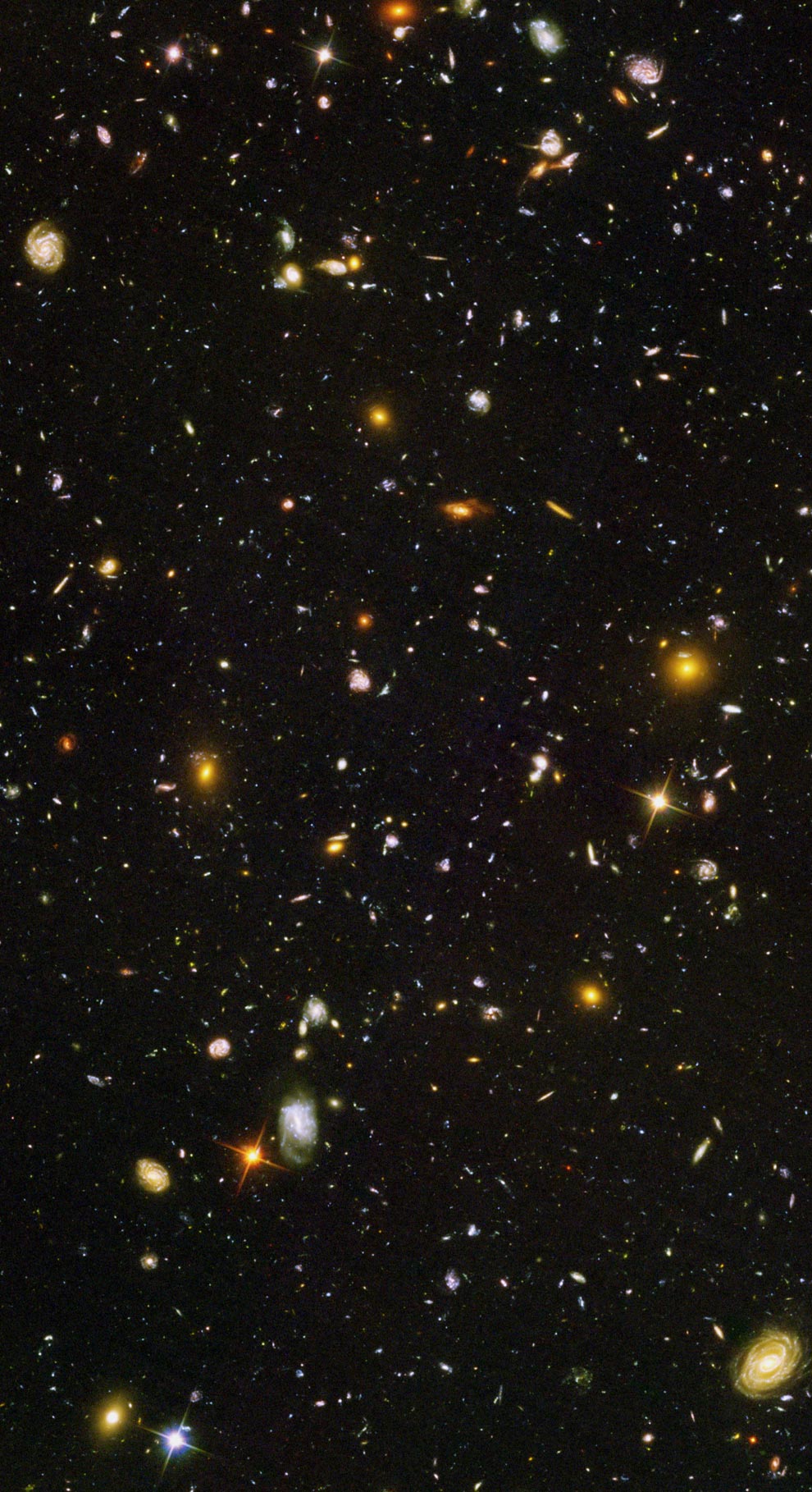As I said before, at any point in time and space, the bubble of observability from that point would only contain a finite amount of mass and therefore only a finite amount of gravity.Martymer said:Also, I'm very skeptical about #2. Infinite matter and energy would mean infinite gravity, which would not just cause the expansion of the universe to slow down and reverse, but this should have happened within fractions of a second into its history. We see in fact, that the rate of expansion is increasing instead. To me, only #1 makes much sense.
As you said yourself, in the early universe the bubbles of observability were only on the quantum scale and so, considering the universe was expanding faster than the bubbles at that point, there is no reason to think such small areas, even at high density, could have enough gravity to collapse the universe.
Because General Relativity works only on complete vector spaces, so either the universe is sphere, which has been ruled out by recent observations, or it goes on forever.Another thing I have to ask is, what arguments are there to support the statement that the universe is infinite? You've defended your standpoint by attempting to dismiss my arguments (and you're doing a pretty good job, btw), but I've yet to see any attempt to support your claim. What is it that suggests the universe is actually infinite?
Yes, it's possible that the universe does have an edge, but until we have reason to say there is, there is no reason to overcomplicate the theories so they can account for an edge. Occam's Razor.
And I'm pretty sure I have said most of that already.
Actually, every black-hole contains a worm-hole, it's just impossible to enter it.Martymer said:Black hole =/= wormhole.
Not all black-holes have lethal tidal forces, with super-massive black holes you could pass the event horizon without even noticing.Of course, before you get inside the event horizon, you'll be torn to shreds by tidal forces, so you're not going to live to see what's inside.
Actually, time only appears to stand still from an outside perspective. To someone falling into a black-hole, it continues normally.Oh, and if you somehow did, you'd find that inside, time stands still, which means that you wouldn't perceive anything. Your brain would be frozen in time.
Of course, once you pass the event horizon, things get very messed up indeed, because your current temporal dimension become spacial and the radial spacial dimension becomes temporal.

